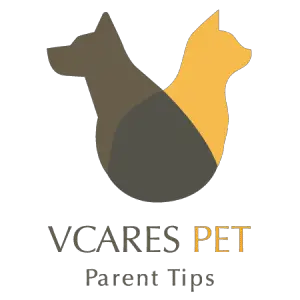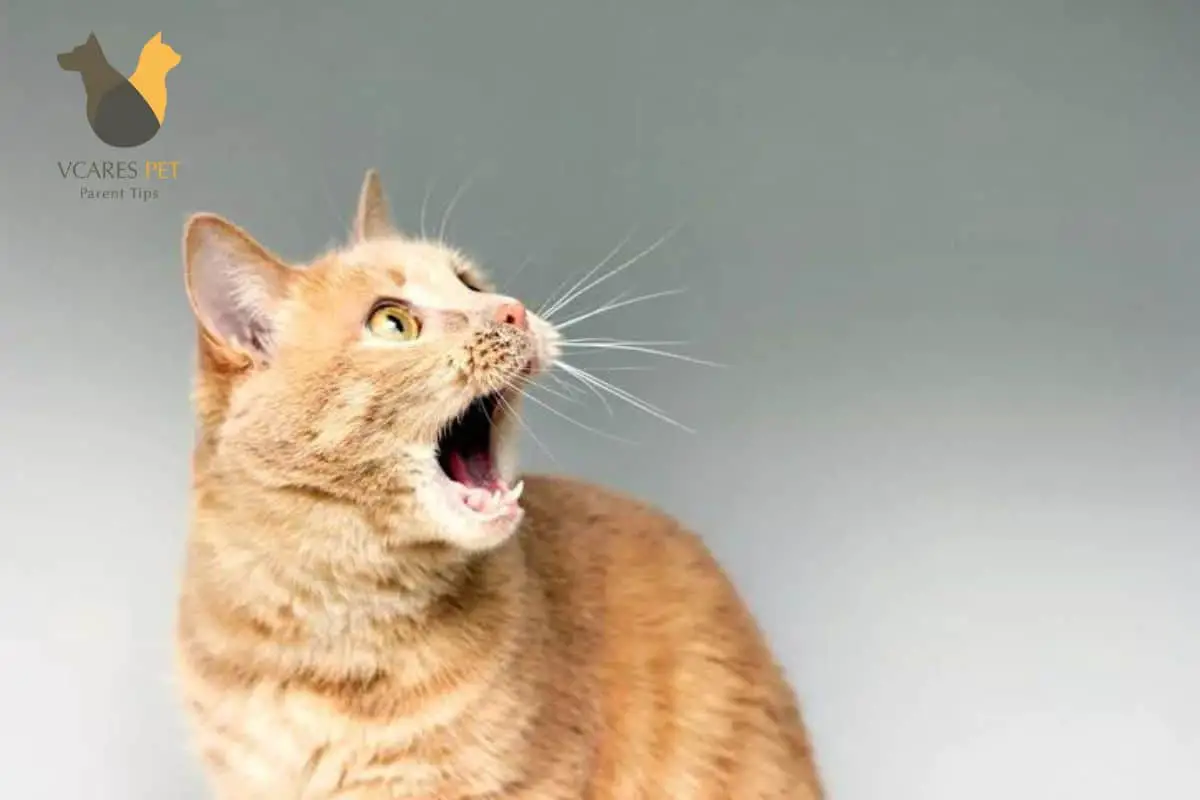Have you ever noticed that your cat meows or yowls after eating? If so, you are not alone.
Cats have been recorded yowling after eating, this habit that has puzzled cat owners for years.
In this article, we will discuss the reasons why your cat yowls after eating and how to stop your cat from this behavior to keep your cat happy and healthy.
Let’s discuss it together!
What Does Yowl Sound Mean?
A yowl is a high-pitched sound released by an animal, most by cats.
It sounds like a long-drawn-out meow mixed with a howl. The yowl sound can be identified by its high pitch and intensity.
It also is different from a meow which is normally shorter and more pleasant.
However, the yowl means different things that are depending on the individual cat and there are many possible reasons for it.
Is It Normal for Cats Yowl After Eating?
Yes, it is normal for some cat’s yowl after eating.
This behavior is typically observed in cats that have not been spayed or neutered as they attempt to interact with other cats in the neighborhoods.
In some cases, cats yowling after eating is also a concerning sign of their health issues.
It is important to be observant of your cat’s behavior and consult with your vet if they have any concerns about their well-being.
Below we will list all possible reasons for a yowling sound in cats. Please continue to read it.
Reasons Why Cats Yowl After Eating
All cats have their own unique personality and they yowl after eating depending on their individual behavior or habit.
So, if you are considering the specific reason why your cat yowls after eating. well, there are two main factors that can cause your cat to yowl after eating:
1. Cat’s Behavior
Expressing pleasure
Your cat yowls after eating to show their enjoyment which means the meal is tasty and a special treat for them.
Get attention
It is possible to reason that your cat yowls after eating because they want your action, especially for indoor cats.
Your cat knows if they are yowling, they will get attention or rewards from you and they might continue to do it, as it is normal behavior for them.
Communication
Cats are recognized for their noises, and they can use yowling to communicate their needs or wants to their owners or other cats nearby.
Breed
It is also a common reason to make your cat yowl after they eat, especially with male cats. They might be looking for a female and showing their sound or yowl.
Asking for more food
After a meal, cats may yowl to express their need for more food.
This is especially true if they haven’t had enough food and their bowl has been emptied for a while.
2. Medical issues
It is important for the owner to pay attention to it. Some cats might yowl after eating because they have some medical issues.
Sickness
Your cat might have a problem with dental issues, digestive issues, or other health issues that may express yowl when they are in pain or uncomfortable after eating.
In this case, your cat might lose weight, lethargy, and change in appetite, so it’s important to consult with your vet to help them.
Stressed
It’s another common reason your cat yowls after eating. It may be because your cat can become stressed. It can be if you are moving house or have a new pet. Those can lead to your cat’s anxiety or stress.
Old age
Your cats might start yowling after eating, while their age is old. Yowling in this case, can be a sign of medical conditions, so you should ask your vet to rule out any potential health issues.
How to Help Your Cat If They are Yowling After Eating
You might prefer to help your cat if they are yowling after eating. There are a few tips to help stop them.
Check on food: it’s important to check the food that you are providing to them.
Your cat may yowl after eating if food is toxic to its digestive system, so you must be sure that you are providing healthy and tasty food for them.
Check the environment: the feeding area is also important for your cat’s meal time.
Your cat might be feeling stressed while eating if there is a loud noise and especially if it has other pets around.
Your cat might be scared and try to eat too fast. At this point, it can lead your cat to a stomach.
Therefore, you should create a peaceful environment such as quiet, calm, and free from distractions.
Maintain a regular routine: you should try to create and stick to a regular feeding plan because your cats thrive on routine. Your cat may feel less anxious and more secure if things are routine.
Spay: Reduce yowling associated with mating behavior. This will improve your cat’s health and longevity as well.
Provide Toys: Provide your cat with some active toys and spend some time playing with them.
It also helps reduce your cat’s stress and build a good relationship with them.
Checkup Your cat’s Health: it’s best to take them to visit your vet for a check-up to rule out any health issues.
Remember, all cats are unique and they might need a specific solution depending on their individual behaviors.
Finally Thought:
In conclusion, cats yowling after eating can be a sign of normal behavior and should not be cause for concern about it.
However, if your cat yowls after eating and shows some other worrying symptoms, such as weight loss, decreased appetite, lethargy, vomiting, or change their behavior, this may cause a more serious condition.
Therefore, it’s usually a good idea to get advice from a veterinarian who can provide specific advice based on the individual character of your cat.


